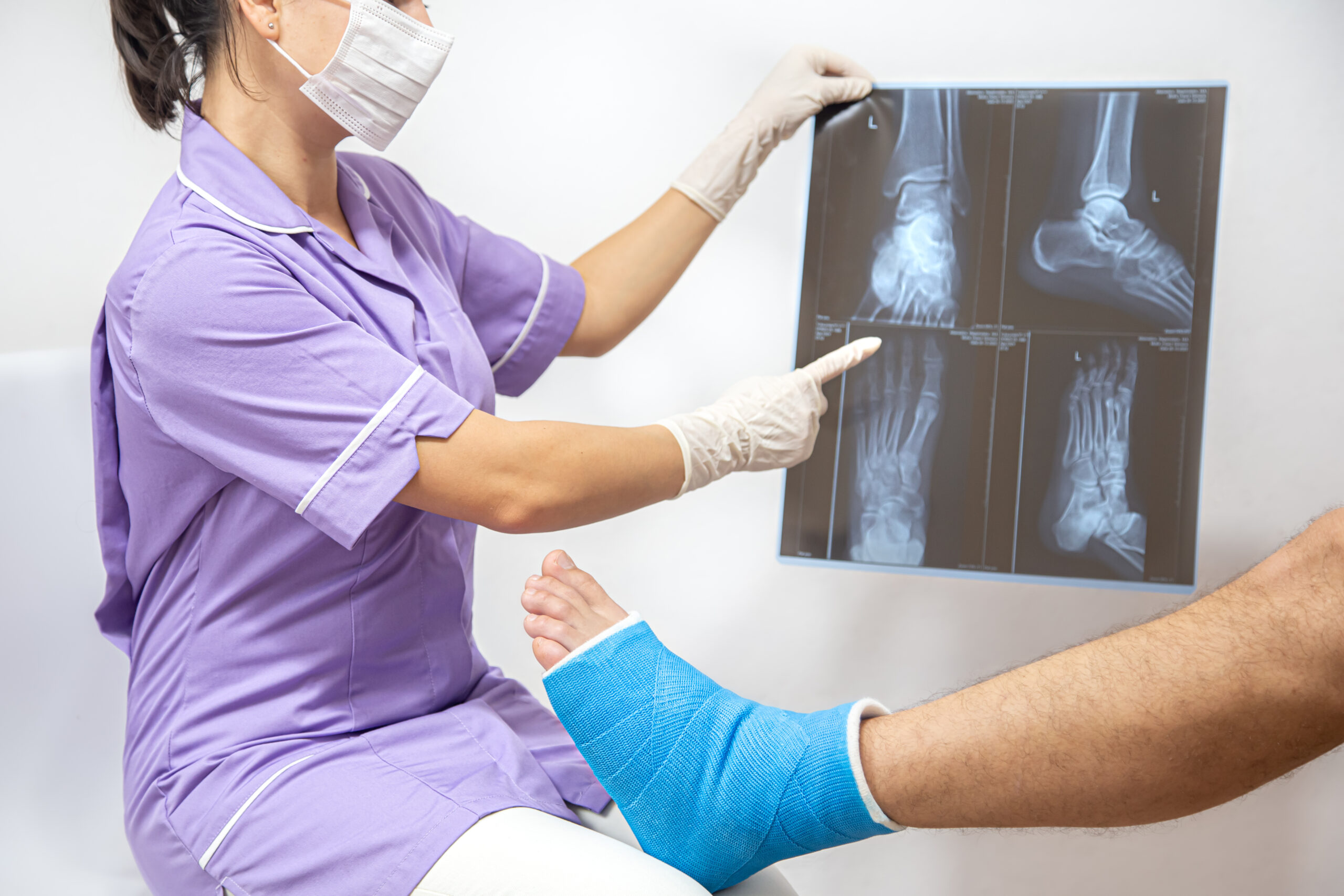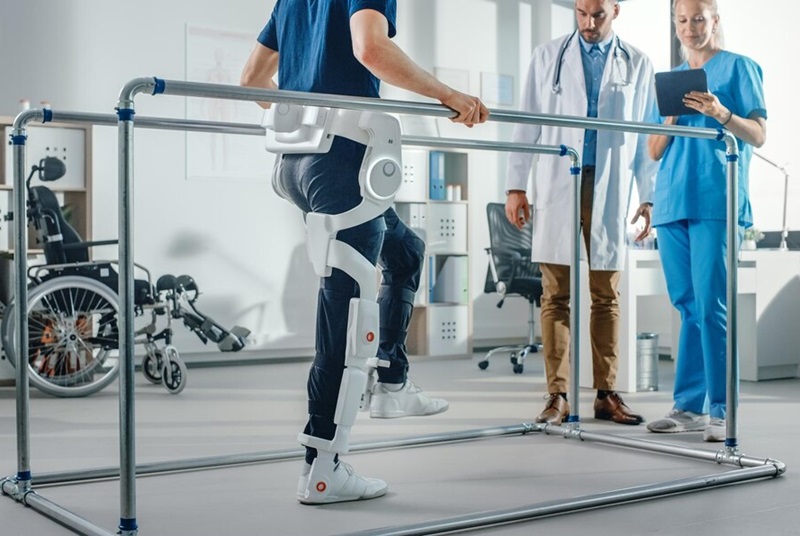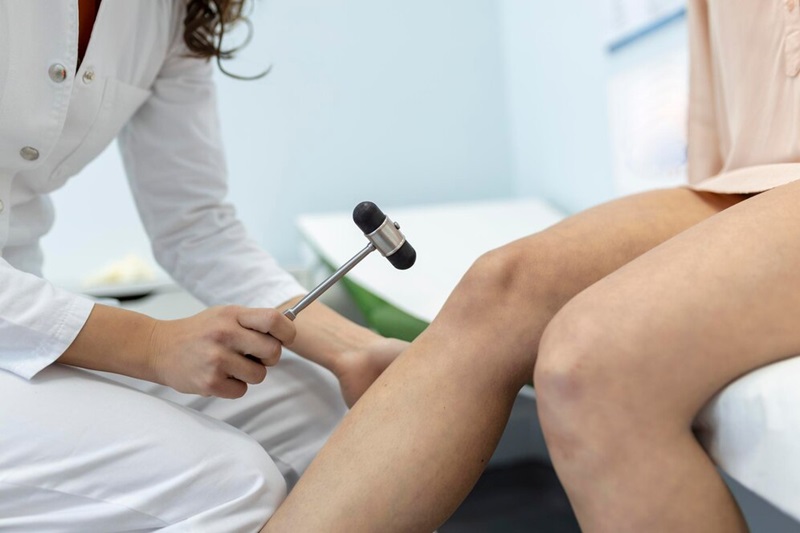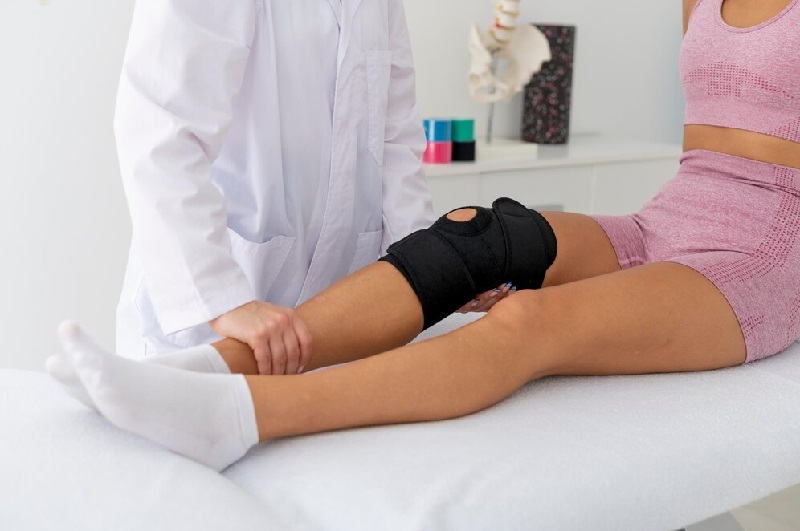Undergoing orthopedic surgery, whether it’s for a knee, hip, or another joint, can be a significant life change. Recovery is a crucial phase that directly impacts the success of the procedure and your overall quality of life. This guide provides essential tips to help you navigate your recovery effectively after surgeries like robotic knee replacement surgery in Mumbai or Thane.
1. Follow Your Surgeon’s Instructions
One of the most important aspects of recovery is to adhere strictly to your orthopedic surgeon’s guidelines. This includes instructions on medication, physical therapy, and activity restrictions. Each robotic knee replacement surgery in Thane has specific recommendations tailored to your individual needs, so be sure to clarify any uncertainties with your doctor.
2. Manage Pain and Swelling
Post-surgery pain and swelling are common but manageable. Use ice packs on the affected area as directed by your doctor to reduce swelling and numb the pain. Over-the-counter pain relievers may also be recommended, but follow your surgeon’s advice regarding medication types and dosages.
3. Engage in Physical Therapy
Physical therapy plays a vital role in your recovery after robotic knee replacement surgery in Mumbai or Thane. A licensed physical therapist can design a rehabilitation program tailored to your needs, focusing on strengthening the muscles around the joint, improving flexibility, and restoring function. Consistency with your exercises is key to a successful recovery.
4. Stay Active, Within Limits
While it’s essential to rest, staying moderately active can help enhance blood circulation and prevent stiffness. Engage in light activities such as walking, as advised by your healthcare provider. Gradually increase your activity level as your strength improves, but always listen to your body and avoid pushing yourself too hard.
5. Use Assistive Devices Wisely
If your doctor recommends the use of assistive devices like crutches, walkers, or canes, be sure to use them as instructed. These tools can help you maintain balance and mobility while protecting your healing joint. Your physical therapist can provide guidance on how to use these devices effectively.
6. Maintain a Healthy Diet
Nutrition plays a significant role in recovery. Focus on a balanced diet rich in vitamins, minerals, and protein to support healing. Foods high in omega-3 fatty acids, such as fish, and antioxidants, like fruits and vegetables, can help reduce inflammation and promote recovery.
7. Hydrate Adequately
Staying hydrated is crucial, especially post-surgery. Water aids in digestion helps in the absorption of nutrients, and keeps your body functioning properly. Aim for at least 8-10 glasses of water a day unless your doctor advises otherwise.
8. Prepare Your Home for Recovery
Before any robotic knee replacement surgery in Thane, make your home recovery-friendly. Clear pathways, arrange furniture to avoid tripping hazards, and keep essential items within reach. Consider setting up a comfortable resting area where you can relax and recuperate, complete with pillows and necessary items like medications, books, or remote controls.
9. Monitor for Complications
Be vigilant about any signs of complications, such as increased pain, swelling, fever, or unusual drainage from the surgical site. If you notice any concerning symptoms, contact your orthopedic doctor immediately for advice.
10. Stay Positive and Patient
Recovery can take time, and it’s normal to feel frustrated at times. Maintaining a positive attitude and setting realistic goals can help you stay motivated. Celebrate small milestones in your recovery process, and don’t hesitate to seek support from friends, family, or support groups.
Conclusion
Recovering from orthopedic surgery, such as robotic knee replacement surgery in Mumbai or Thane, requires dedication and patience. By following these recovery tips and maintaining open communication with your healthcare team, you can enhance your recovery experience and look forward to regaining your mobility and independence. Always remember that every individual’s recovery journey is unique, so focus on your progress and take it one day at a time.
FAQs
How long does recovery typically take after orthopedic surgery?
Recovery time varies depending on the type of surgery and individual factors, but it can range from a few weeks to several months. Always consult your surgeon for a personalized timeline.
What should I do to manage pain effectively?
Use prescribed pain medications as directed, apply ice packs to the affected area to reduce swelling, and follow any specific pain management strategies recommended by your healthcare provider.
Is physical therapy necessary after surgery?
Yes, physical therapy is crucial for regaining strength, mobility, and function after orthopedic surgery. A physical therapist will guide you through exercises tailored to your recovery needs.
How can I prepare my home for recovery?
Clear pathways of tripping hazards, arrange essential items within reach, and create a comfortable resting area with necessary supplies to facilitate your recovery process.
What types of assistive devices might I need?
You may need crutches, walkers, or canes to help you move safely during your recovery. Your doctor or physical therapist will recommend the appropriate devices for your situation.










